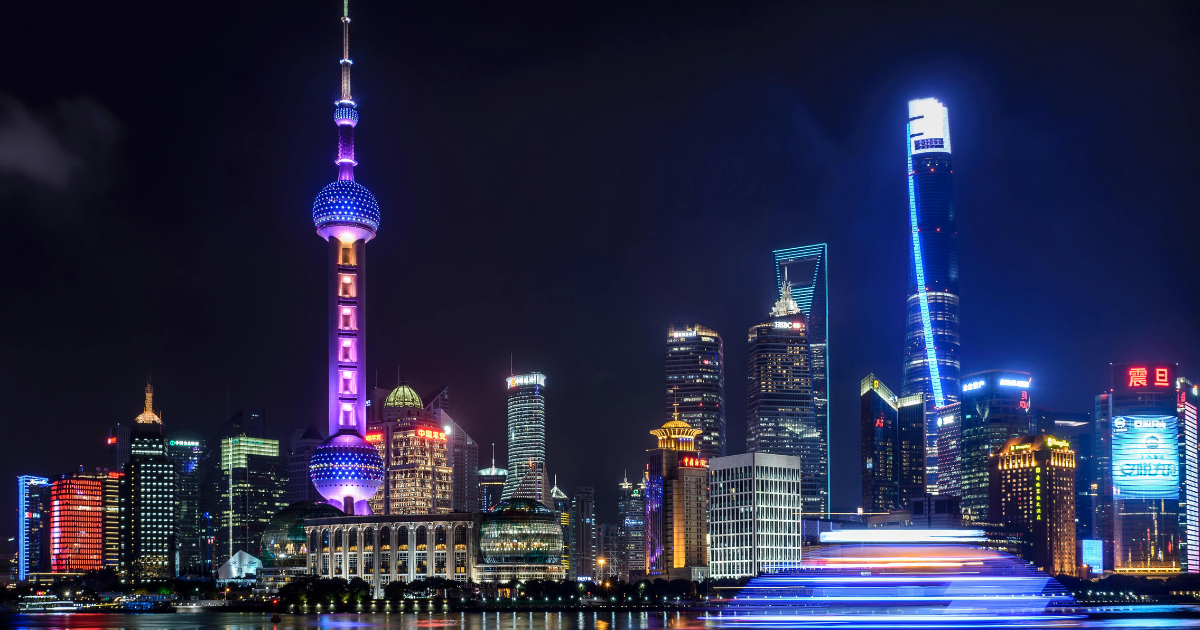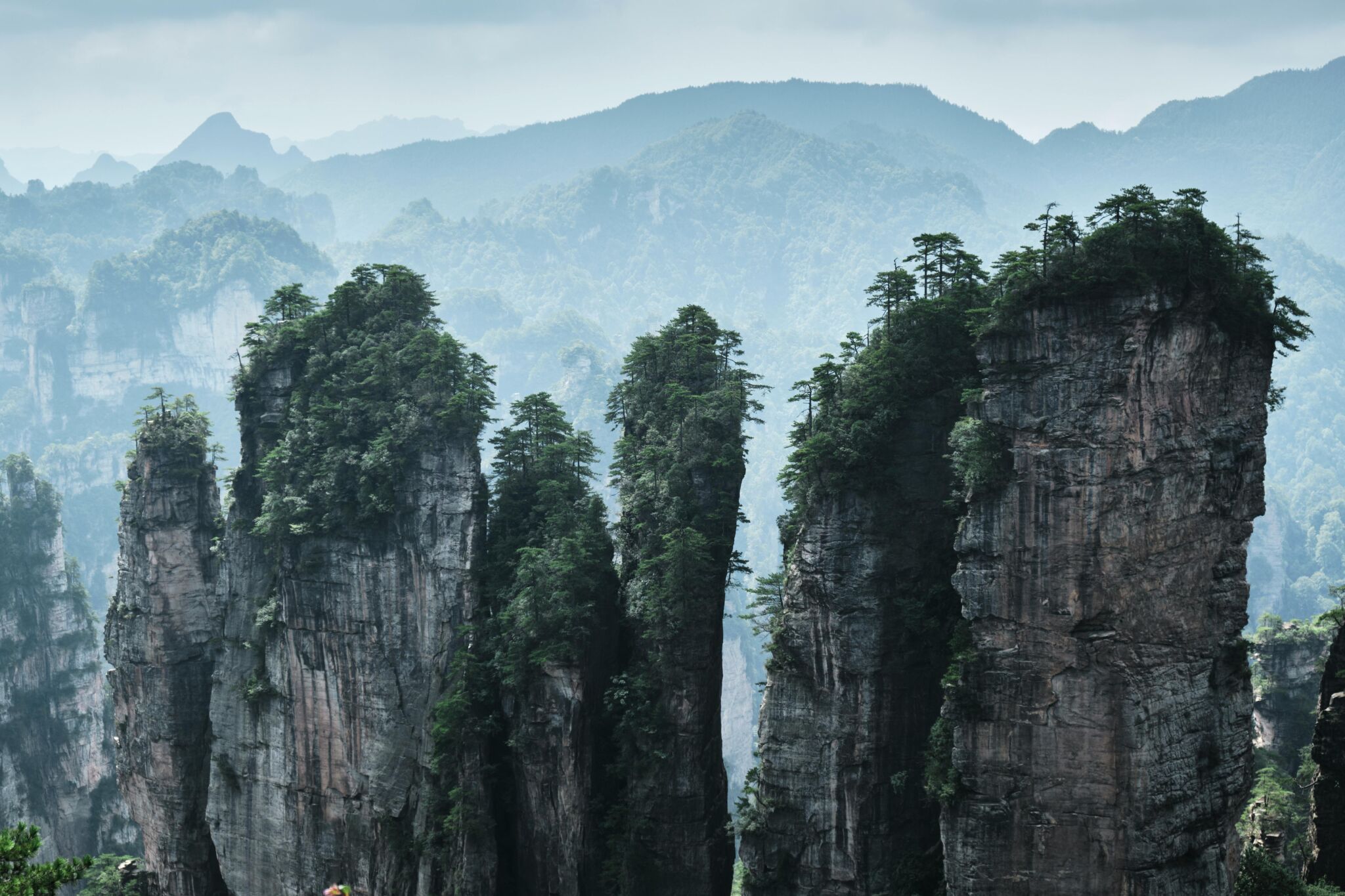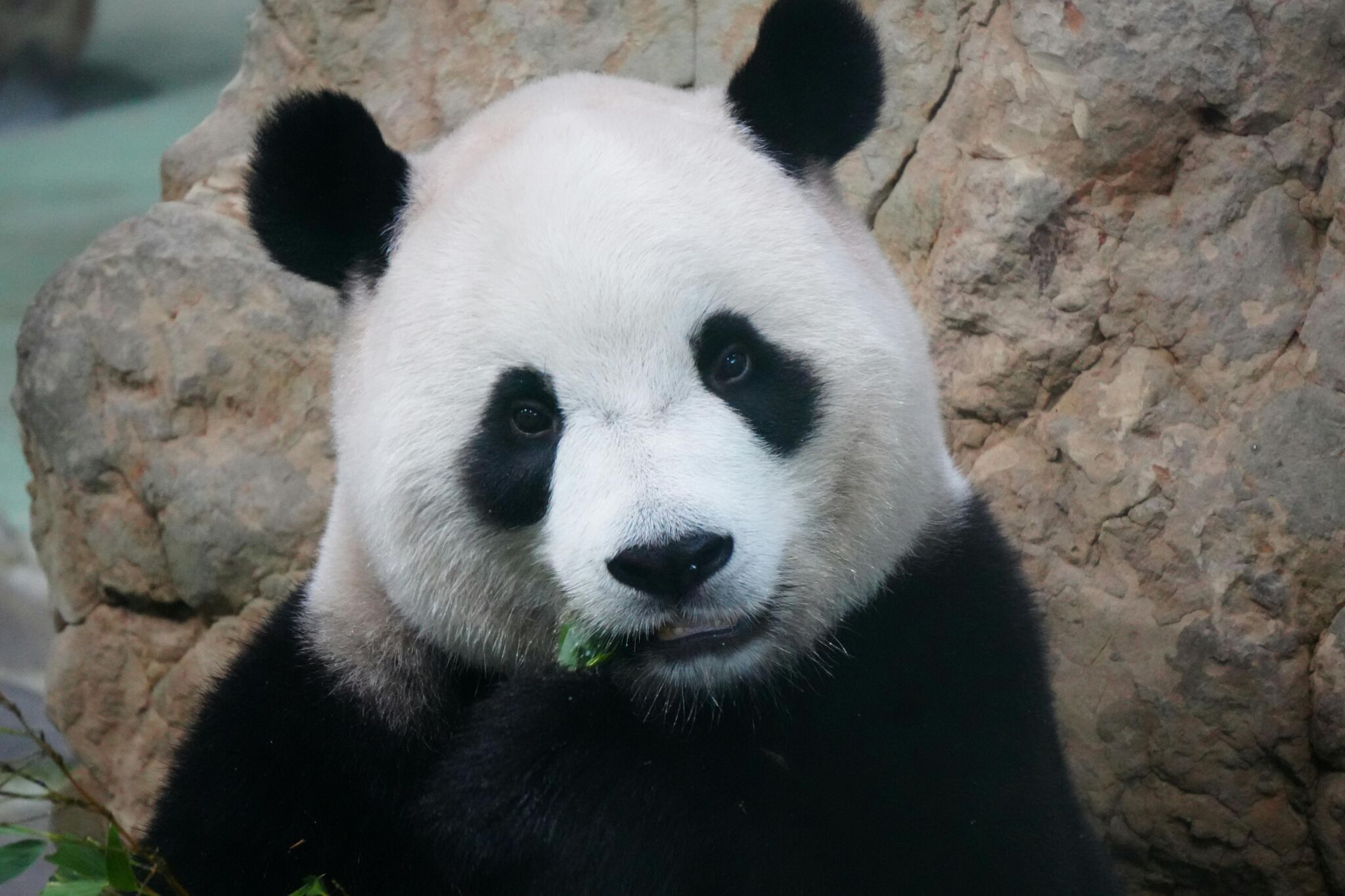Journey to China
Where centuries-old wisdom meets cutting-edge technology

China is a country where millennia of history meet futuristic technologies, not in conflict, but in perfect harmony. Here, skyscrapers rise above ancient pagodas, and traditional markets stand alongside trendy boutiques. China cannot be taken in at a single glance – it combines the tranquility of small villages with the fast-paced rhythm of megacities. A journey to China is not just a change of geography; it is an invitation to a dialogue with a multifaceted culture that can surprise you every day.
ELLE O’zbekiston shares what captivates modern travelers about China and how to experience the country in all its diversity.
The source of harmony and balance
Long before the first tourist routes appeared, China attracted travelers not as a vacation spot but as a place to seek harmony and cultivate inner discipline. The birthplace of Taoism, Confucianism, and Feng Shui, China has for centuries shaped a unique worldview in which balance with nature, respect for order, and the search for inner equilibrium become a way of life. Here, people don’t just ask philosophical questions – they learn to live in a constant search for answers. Traveling to China offers a unique experience in which ancient knowledge helps the modern person find clarity and stability in an ever-changing world.

photo: 允营 吴, pexels
The balance between tradition and progress
Today in China, ancient philosophy peacefully coexists with ultra-modern technologies. The country that gave the world the teachings of Confucius and Laozi now sets the pace for technological progress worldwide – from high-speed trains and eco-friendly electric cars to cities under full digital management. The Chinese drive for innovation is felt everywhere – in streamlined mobile apps, robotic cafés, and ambitious sustainable development projects. This is a place where the future does not reject the past but rather continues it, carefully preserving millennia-old wisdom within the technologies of tomorrow.

photo: Ang Lee, pexels
From Beijing to the Avatar mountains: top 5 places to understand China
ELLE O’zbekiston editorial team shares the list of curated locations that are to reveal China in detail:
- Beijing – the city of history
The capital of China is the perfect place to get to know the country. The Great Wall, temples and palaces, and the art of the tea ceremony – all that most associate with Chinese culture can be found here. - Shanghai – the eastern metropolis of the future
In Shanghai, the neon lights of the Pudong business district reflect in the calm waters of the Huangpu River, while French colonial architecture harmoniously coexists with countless skyscrapers. Known as the business center of the country, Shanghai is home to the offices of major corporations, and its residents live at a high-speed pace. - Zhangjiajie – otherworldly landscapes
This national park in Hunan Province became world-famous after the release of “Avatar” – the “floating mountains” of Zhangjiajie inspired James Cameron’s vision of Pandora. Towering karst pillars, misty gorges, and suspension bridges make it the perfect place to immerse yourself in the mystical atmosphere of China.
photo: Deimantas Viburys, pexels
- Xi’an – the beginning of the Silk Road
Xi’an is the historic heart of the country, once the capital of 13 Chinese dynasties and home to the legendary Terracotta Army. This is where the Silk Road begins, and for centuries, it was a meeting point for people from diverse cultures – something still reflected in its architecture and art. - Chengdu – the capital of tea and pandas
In the heart of Sichuan Province lies Chengdu, home to a vast reserve for giant pandas. Beyond meeting one of the rarest animals in the world, travelers can enjoy a slower pace of life, with locals savoring hours of mahjong, tea ceremonies, and evening park strolls.
photo: Snow Chang, pexels
- Hainan – the “Hawaii of China”
This southern island blends leisure, wellness, and culture. Exotic beach lovers will delight in tropical landscapes, while traditional practices such as tea ceremonies and tai chi offer deep cultural immersion.


